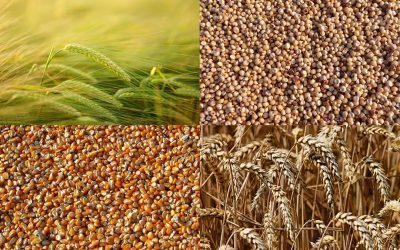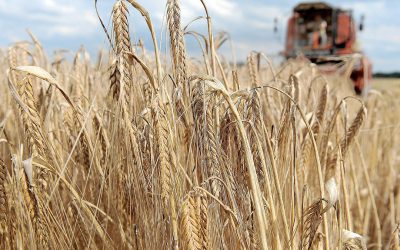Report: poor farmers use more GM crops
The use of biotech crops in 2007 have increased considerably in the developing world, according to a report from the International Service for the Acquisition of Agri-biotech Applications, an industry-supported non-profit that promotes the use of biotechnology to alleviate poverty and hunger around the world.
engineered foods, especially rice, as scientists make advances and regulators
approve new products, according to the report. This has resulted that farmers in
12 developing countries planted biotech crops in 2007, for the first time
exceeding the number of industrialized countries where such crops are grown.
US and Argentina dominate
US farms continued to dominate
biotech agriculture with more than 142 million acres devoted to engineered
crops, led by soy. The country also saw the planting of biotech corn spike 40%
over 2006 to nearly 20 million acres, driven mainly by the demand for
ethanol.
Argentina led developing countries with about 47.2 million acres
in biotech corn, soy and cotton. It was second only to the US in total acreage
and followed by Brazil, which had just over 37 million acres of biotech cotton
and soy. India grew 15.3 million acres of genetically engineered cotton in 2007,
its only biotech crop. Spain ranked highest among European countries with about
173,000 acres of genetically engineered corn but 12th overall, behind Paraguay,
South Africa, Uruguay and the Philippines.
Europe is
resistant
European countries have been among the most resistant to
genetically engineered crops, where health and environmental concerns have long
kept them out of farmers’ fields. According to the report, eight out of 27
European countries planted biotech crops in 2007, up from six the previous year,
totaling about 260,000 acres.











